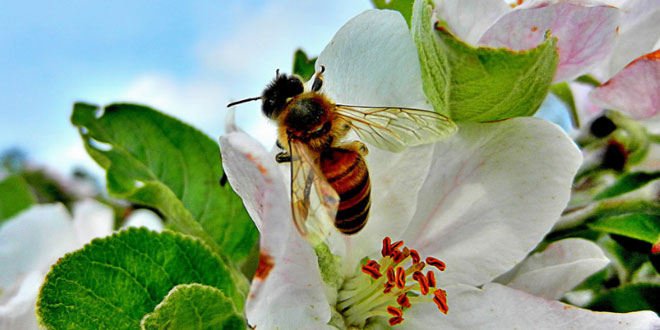Question: List three examples of reproduction in plants through underground roots.
Answer: Some plants have underground stems that are swollen to store food and have buds which can grow into new plants. Some examples are: Tubers, bulbs, Rhizome and corm
- Tubers- For example: Potatoes
- Bulbs- For example: Onion, garlic, lily, tulip, amaryllis and iris.
- Rhizome- For example: Ginger, asparagus and water lily.
- Corm- For example: Gladioli and crocuses (Crocus)
Question: Why is reproduction important?
Answer: Reproduction is important because due to reproduction life continues from generation to generation.
Question: Name one reproductive and one one vegetative part of a plant.
Answer: Reproductive part – Flower, Vegetative part – Roots
Question: How does yeast reproduce?
Answer: In yeast, a little cytoplasm accumulates at one end of the cell and a bud is formed. The nucleas divides into two. One of them enters the bud. The bud grows and eventually gets detached from the parent cell to form a new cell. The process continues and a large number of yeast cells are produced in a short time.
Question: Which plant reproduces by spore formation?
Answer: Bread mould which can often be seen growing on moist, stale bread, grows when spores settle on bread.
Question: What is vegetative reproduction?
Answer: When new plants are produced from the vegetative parts of the mother plant, such as root, stem or leaves without the help of any reproductive organs, it is known as vegetative reproduction.
Question: Discuss giving examples, three different ways of vegetative reproduction.
Answer: Three different ways of vegetative reproduction are:
- Potatoes is an underground stem tuber. When it is cut into parts and is planted into the soil, each part with an eye develops into a new plant. At each eye is a bud which can develop into a new plants.
- New plants are also produced by parts of underground stems in ginger and from bulbs in onion and tulip. Bulbs are underground stems with thick leaves.
- In some plants, such as strawberry and grasses, the main plants develops side shoots which have buds that grow into new plants.
 Class Notes NCERT Solutions for CBSE Students
Class Notes NCERT Solutions for CBSE Students



How is sexual reproduction different from asexual reproduction?
In sexual reproduction two parent is present one male and one female .The offspring are not exact copies of either parent.
In asexual reproduction only one parent is present .The resulting offspring are exact copies of the parent.